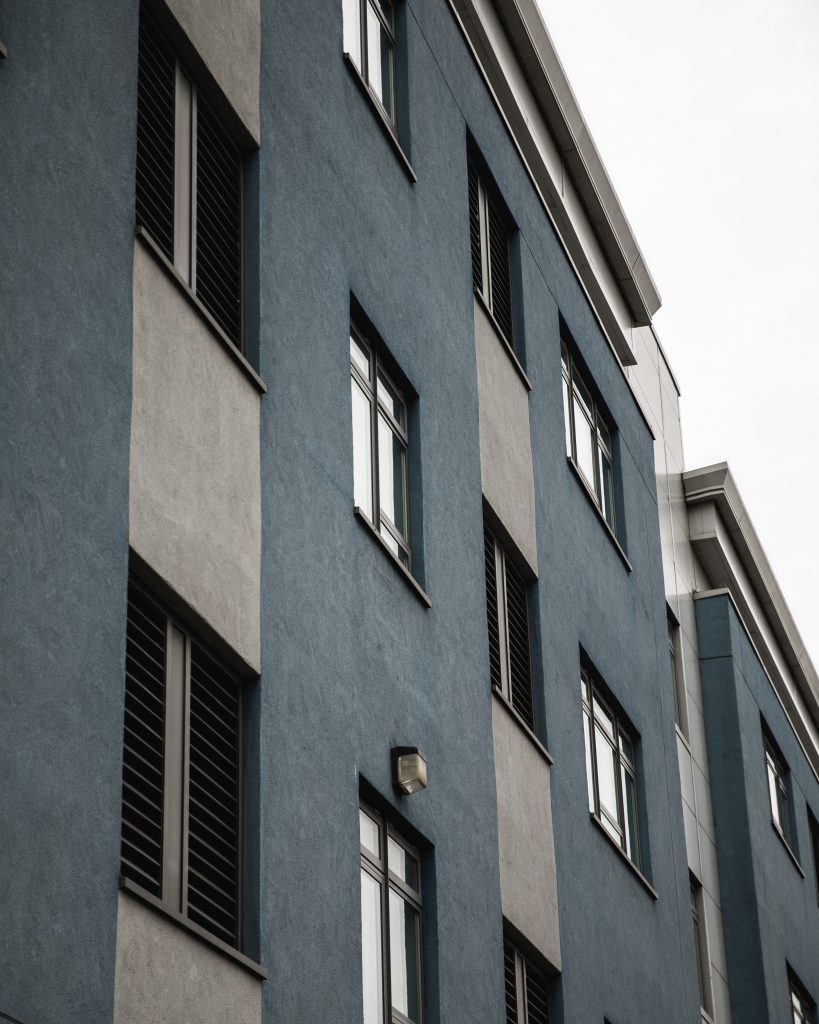From stringent infection control practices to ensuring proper staffing, this pandemic has shown nursing homes what areas are in dire need of improvement.
The Coronavirus is still raging through the nation’s nursing homes. Dwelling on the pain only rips us apart. Now is the time for us to learn from our experience and prepare for the future. We now have the power to learn some valuable lessons in elder care and change the future for our elderly.
MY ELDER remains hopeful that the challenges that have presented themselves as a result of this pandemic will be met in the future by a nation now resolute in the belief that all society is responsible for providing good care to our most vulnerable citizens.
We have been diligent in keeping our clients and families informed about the myriad of problems facing our elders in our long-term care system. We will remain at the forefront, protecting and advocating for us all, ready to provide elder care options including nursing home and assisted living placement, and long-term care planning.
Meanwhile, MY ELDER is still offering FREE elder care advice to all. Please call us at 212-945-7550 with your questions.
Infection Control
We didn’t need a pandemic to know that maintaining quality infection control is a prime function and responsibility of a nursing home. Infection prevention and control programs protect residents from preventable harm, injury, and death. Despite regulatory requirements to safeguard residents, infections continue to be a leading cause of death and needless suffering for nursing home residents. According to the Centers for Disease Control and Prevention (CDC), there are an astounding 1.6 to 3.8 million infections in nursing homes and other long-term care set each year, with 388,000 residents dying due to healthcare-associated infections. Preventable reasons for the spread of infection include deficient nursing home practices. These include staff not washing their hands or sterilizing equipment before providing resident care.
1. All nursing homes must employ a full-time infection control professional who ensures that staff members are compliant with proper infection control requirements. Last July, the federal Centers for Medicare and Medicaid Services, or CMS, set in motion a plan to weaken rules imposed by the Obama administration that required every nursing home to employ at least one specialist in preventing infections. The proposed regulations — which the agency is completing and has the power to enact — eliminate the requirement to have even a part-time infection specialist on staff.
2. All staff members must be trained regularly on proper infection control techniques. Infection control should be added as a criterion as part of the CMS rating system (nursing home compare). Nursing homes who have infection control violations should receive a lower rating.
3. Nursing Homes should be required to keep an emergency supply of proper protective gear.
4. Family and other visitors should immediately report to their respective health departments if they see poor infection control, or poor elder care in general, in a nursing home.
5. Nursing homes must do a better job at screening visitors to ensure that infections are not introduced into the home. If there is an outbreak of any flu or infection, visitation should be restricted until the outbreak is contained.
6. Every nursing home employee, both full-time and part-time, should be required to be certified in infection control policies and procedures.
Related Posts
My Elder Monitoring in the Age of Coronavirus
How To Complain TO A Nursing Home… Or ABOUT A Nursing Home
Nursing Home Admission Agreement: Be Careful About How You Approach This Document
Understaffing
The adverse effects of understaffing are apparent. Without enough nurses and nursing assistants, a facility is unable to provide a high level of care that is personalized for each patient. In understaffed facilities, nurses do not have time to pay attention to detail, which can lead to mistakes, injuries, and death of nursing home residents.
Patients who need the most medical attention and who are immobile are at the highest risk when a facility is understaffed. Nursing assistants must help these patients eat, drink, and go to the bathroom. They must also make sure that they turn and move these patients and change their clothes often to prevent bedsores and other dangerous infections.
These high workloads make it impossible for the nursing department to provide individualized elder care. One of the most common causes of injury in nursing homes is falling. Staff should supervise patients and make sure their basic needs, such as eating and going to the bathroom, are met so that patients will not wander or try to do too much on their own. Unfortunately, this is impossible in some nursing homes where there is not enough staff.
1. Nursing homes must maintain proper levels of staffing so that they can adequately care for their residents. Today’s national averages of staff to resident ratio are woefully deficient, 3.3 hours per day per patient for nurses’ aides, and 25 minutes for professional staff per day per patient. These levels should be raised, at a minimum, to 4 hours for aides and 1 hour for professional staff to ensure proper elder care is provided to the residents. Many nursing homes are significantly below this.
2. Nursing homes should be reimbursed based on their levels of staffing. If a nursing home is not providing an adequate staffing level, they should not be receiving the same reimbursement that a nursing home with proper staffing is getting.
3. Nursing homes with dangerous staffing levels should not be allowed to admit new residents until they bring in additional staff.
4. The federal and state government must physically spot check nursing homes to ensure that they are appropriately staffed, especially on weekends.

Resident Monitoring
In a survey, 46% of the nurses said that they have missed changes in a patient’s condition because of their excessive workload.
Many hospitals and nursing homes suffer from understaffing. These understaffed facilities are unable to provide the best possible care to its patients and residents. This subpar elder care has led to an increased number of preventable deaths and injuries.
1. One possible tool to help combat this problem is the use of remote monitoring devices. Remote monitoring devices allow for wireless patient monitoring.
2. The monitors typically track temperature, pulse, blood pressure, glucose, and personal data (weight, pain, drugs). The system can record and transmit data to doctors. For nursing home residents, remote monitoring can help staff better monitor residents and focus on those who need medical assistance.
Nursing Home Reimbursement
Nursing homes should be funded based upon the quality of care that they render. Traditionally nursing homes have been funded based upon their costs. Medicare currently reimburses facilities based on the number of services, not the quality of the outcome. Depending on this mix of services, the patient is classified into a “resource utilization group”—or RUG—that determines the facility’s daily reimbursement for that patient. The more skilled services a patient needs, the higher the RUG, and the greater the payment to the facility for inpatient services. This system encourages unnecessary services and fraud. There is no incentive to provide quality care.
1. Facilities that provide consistent inadequate care should be forced out of the industry, and those operators that want to provide quality elder care for higher reimbursement rates will come into the business to replace the bad players
2. We must eliminate Medicaid managed care for nursing homes. Managed care reimburses based on capitation rates. You will receive the same rate per month regardless of the quality of your services.
3. The government must close down bad nursing homes. According to CMS (Centers for Medicare and Medicaid Services), about 40 percent of the nursing homes in the US consistently provide substandard care. This is evidenced by their below-average ratings. The federal and state should mandate very clearly that facilities that don’t measure up are out.
My Elder specializes in advocating for elders who are seeking the best care possible. In doing this, we are helping elders prolong their lives. Call us at 212-945-7550 to talk to us about, finding the right home for your loved ones, preventing crisis and abuse, and ensuring they receive the best care possible to prolong your loved one’s life.
Photo Credits Taylor Simpson and Jack Stapleton



